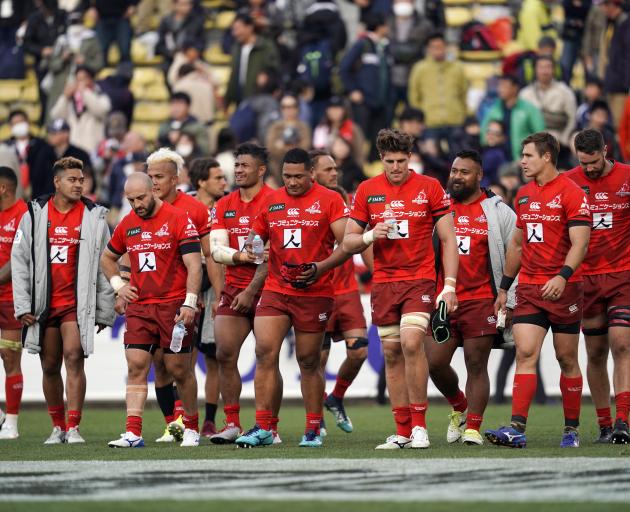
Sanzaar is expected to confirm today the demise of the Sunwolves, the Japanese side in the Super Rugby competition. The Sunwolves are set to be axed after entering the competition in 2016.
That will leave the competition with 14 teams which is how it existed from 2006 until 2010.
The 14-team competition will start in 2021, when the new broadcasting deal starts.
The demise of the Sunwolves was believed to have been pushed by South Africa, which did not enjoy the lengthy travel to Japan.
The Sunwolves have been a curious side. They started off in 2016 by winning just one game, drawing one and losing the other 13. In 2017, the side won one more game. More foreign talent infiltrated the side the next year but it finished bottom in 2018, although it won three games.
It has performed better this year, with a win over the Chiefs and close losses to the Blues and the Reds and sits third-last in the competition.
But the side's benefits to Japanese rugby must be in question because many of the Japanese players connected to the team are away training with the Japanese national team.
At the end of the win against the Chiefs, it was hard to spot a Japanese-born player on the Sunwolves side
The Japanese side did not get a lot of buy-in from its national union, and while the Top League in Japan appears to be going from strength to strength and the national team is building nicely, there is not a lot of love for the Sunwolves in Japan.
There is the suggestion of the Sunwolves joining the Western Force and other sides from Asia and the Pacific Islands in a second-tier competition but there are obstacles to that.
The return to a 14-team competition will enable Sanzaar to have a much more easier format in 2021.
There is expected to be a straight round robin with sides having to play 13 games throughout the regular season and then have six teams involved in the playoffs. That will reduce the number of derby games for New Zealand sides from eight to four. The season is also likely to start later.
That will please the players and coaches who did not like the eight derbies a year but administrators may not be so happy.
Hosting two derby games a year instead of four will put a serious dent in balance sheets.
